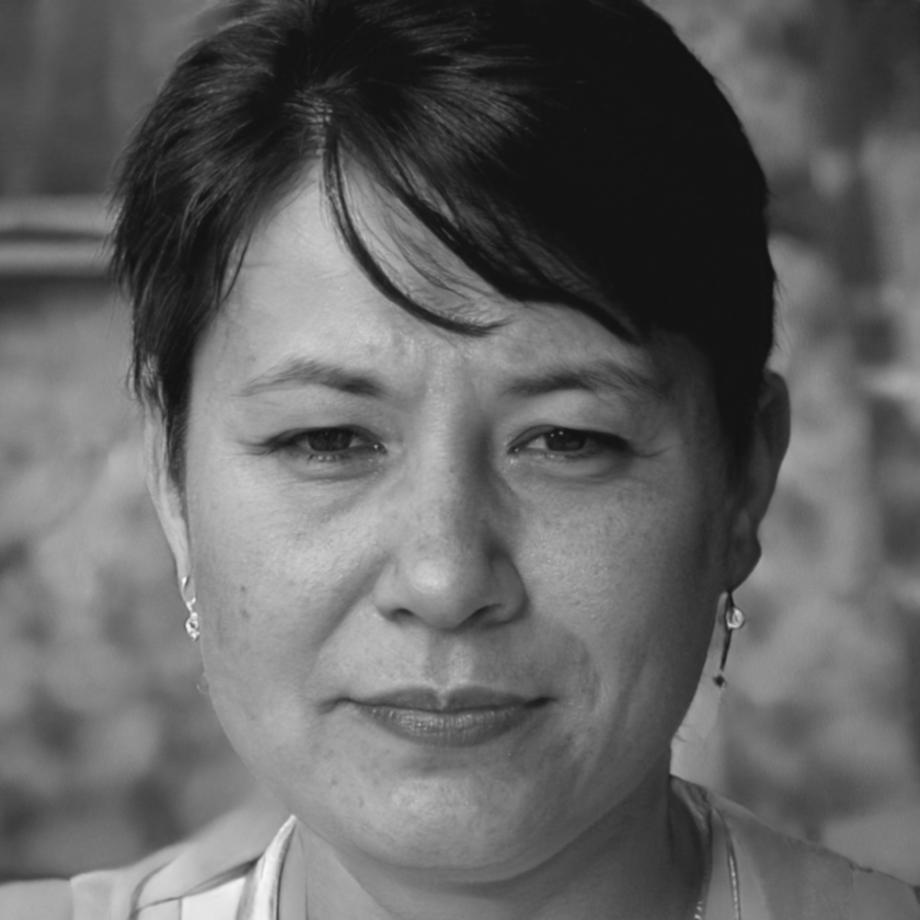Teaching Method That Actually Works
Forget sitting through hours of theory. Our approach puts you in front of actual financial statements from day one. You'll analyze real data, spot patterns, and make decisions with guidance but without hand-holding.
Most students find this uncomfortable at first. That's intentional. Financial markets don't wait for you to feel ready, so we create that pressure in a controlled environment where mistakes become learning opportunities.


